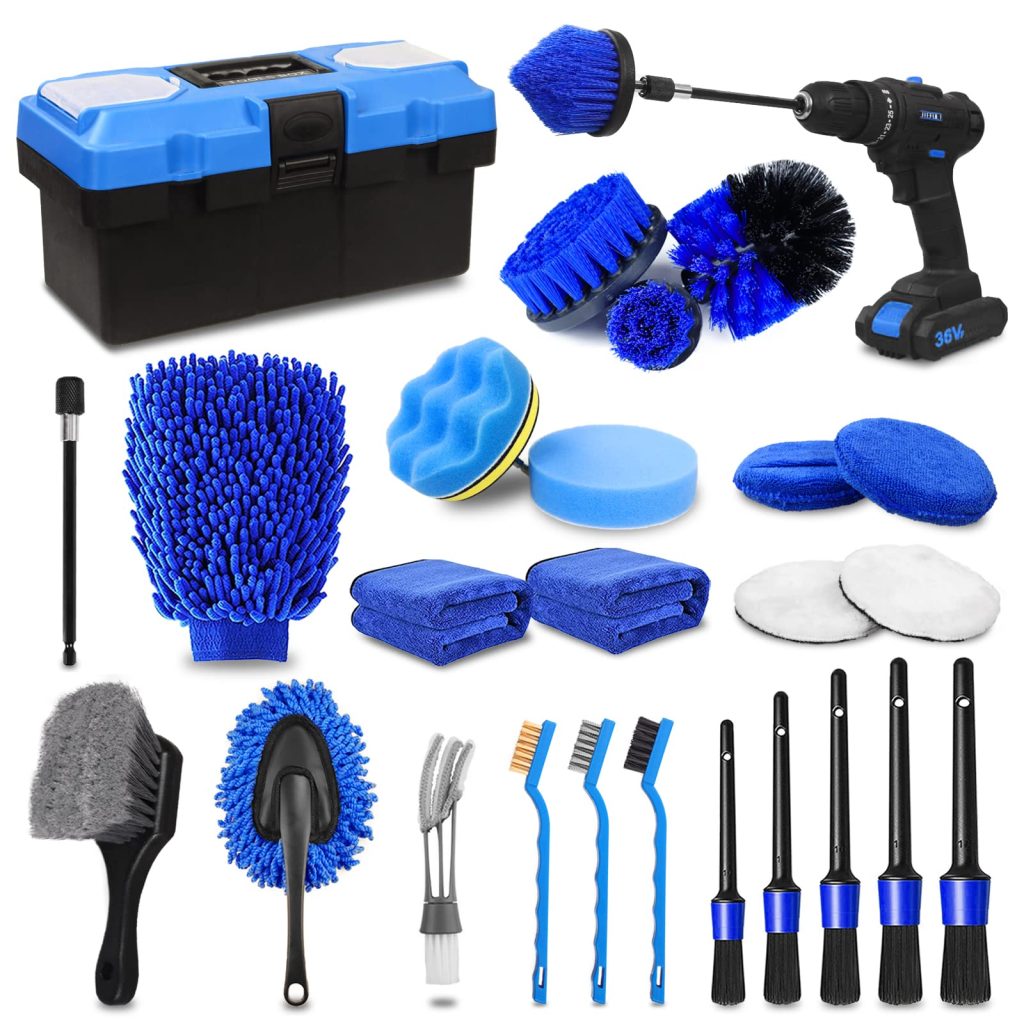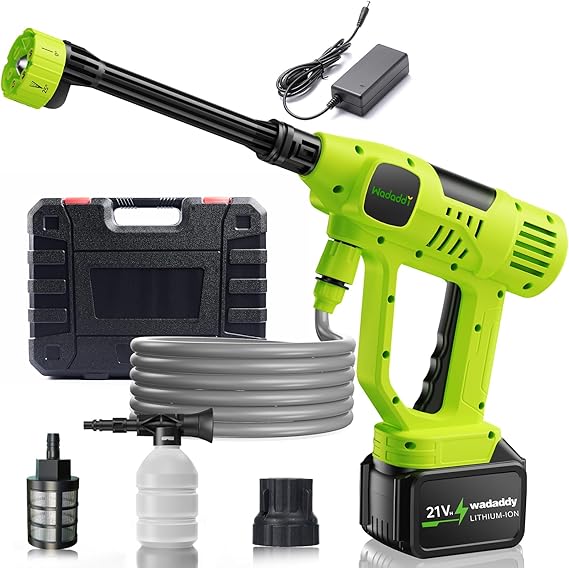Your car’s engine is the heart of your vehicle and just like any heart, it needs regular care to keep running smoothly. Whether you’re driving a compact car or a high-performance machine, a well-maintained engine can drastically extend the life of your vehicle, improve fuel efficiency, and save you money on costly repairs.
In this guide, we’ll cover everything you need to know about engine maintenance, including daily habits, warning signs, and professional servicing tips.
Why Engine Maintenance Matters
Your engine powers every drive. Over time, dirt, heat, and friction wear it down. Without proper care, parts start to break down, leading to reduced performance, higher fuel consumption, and eventually expensive damage.
Regular maintenance:
- Improves performance and efficiency
- Reduces emissions
- Extends vehicle life
- Saves money in the long run
Daily and Weekly Engine Care Tips
1. Check Engine Oil Regularly
Oil lubricates moving parts and prevents overheating. Low or dirty oil can cause friction and wear.
- Check oil level every two weeks
- Change oil every 5,000 to 7,000 km (check manufacturer guidelines)
- Use high-quality synthetic oil for better longevity
2. Keep an Eye on the Temperature Gauge
An overheating engine is a major warning sign. If your temperature gauge spikes into the red zone, stop driving and investigate immediately.
3. Listen for Unusual Sounds
Clicking, knocking, or hissing under the hood could indicate worn belts, ignition issues, or fluid leaks.
Monthly & Seasonal Maintenance Checklist
1. Replace Engine Air Filter
Clogged air filters reduce airflow, lowering power and fuel economy. Check and replace every 12,000–15,000 km.
2. Inspect Spark Plugs
Faulty spark plugs can cause misfires and rough idling. Clean or replace every 30,000 km.
3. Monitor Engine Belts and Hoses
Cracks, frays, or leaks can lead to sudden failures. Check them during oil changes or every few months.
4. Coolant System Check
Coolant prevents engine overheating. Check levels and flush the system every 2 years.

Warning Signs of Engine Trouble
Don’t ignore these red flags:
- Check Engine Light On
- Knocking or ticking sounds
- Rough idling or frequent stalling
- Decreased power or acceleration
- Excessive smoke from exhaust
If you notice any of these, consult a mechanic immediately to avoid further damage
Final Thoughts
Caring for your engine isn’t just for gearheads it’s essential for every vehicle owner. A few minutes of preventive maintenance today can prevent thousands in repair costs tomorrow.
Make engine care part of your routine, and your car will thank you with a smooth, powerful, and long-lasting performance.



